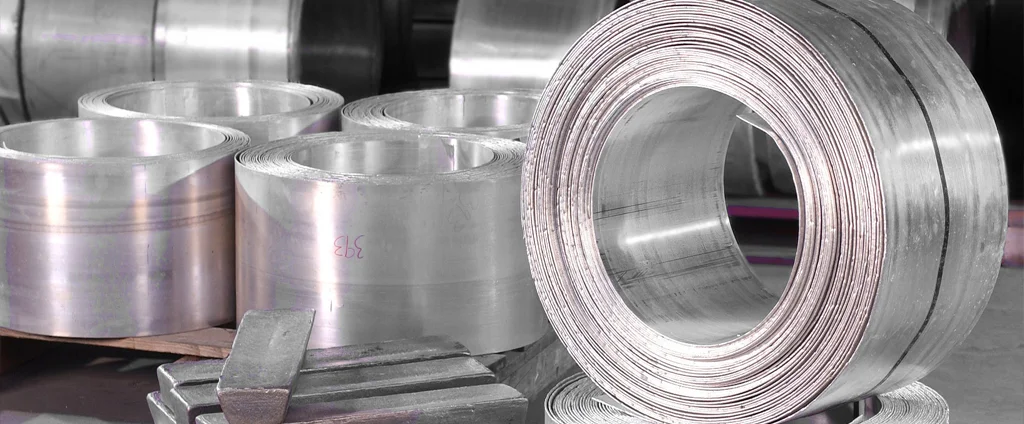Magnesium AS41B-F (UNS M10412)

AS41B-F is a magnesium alloy recognized for its excellent combination of strength, stiffness, and corrosion resistance. Widely used across automotive, aerospace, and marine industries, it offers a lightweight solution that enhances performance and durability in demanding applications.
| Chemical Composition | ||
|---|---|---|
| Element | Min | Max |
| Magnesium | —— | Remainder |
| Aluminum | 3.5% | 5.0% |
| Copper | —— | 0.02% |
| Iron | —— | 0.0035% |
| Manganese | 0.35% | —— |
| Nickel | —— | 0.002% |
| Silicon | 0.5% | 1.5% |
| Zinc | —— | 0.12% |
| Residuals | —— | 0.2% |
The following table provides a list of magnesium AS41B-F properties in both SI and US customary/Imperial units.
Click on the button to switch between Metric and Imperial units.
| Physical Properties | Metric |
|---|---|
| Density | 1776 kg/m3 |
| Mechanical Properties | Metric |
| Tensile Strength (Ultimate) | 214 MPa |
| Tensile Strength (Yield) | 138 MPa |
| Young’s Modulus (E) | 45 GPa |
| Shear Modulus (G) | 17 GPa |
| Elongation at Break in 50 mm | 6 - 15% |
| Poisson’s Ratio (ν) | 0.35 |
| Brinell Hardness 500 kg load, 10 mm ball | 60 |
| Thermal Properties | Metric |
| Melting Point | 570 - 615 °C |
| Solidus | 570 °C |
| Liquidus | 620 °C |
| Thermal Conductivity | 68 W/m·K |
| Specific Heat Capacity (Cp) | 1010 J/kg·K |
| Coefficient of Thermal Expansion (αL) | 26.1 1/°C |
| Heat of Fusion | 413 J/g |
The values in this table are approximate and can vary depending on various factors such as the specific manufacturing process and heat treatment applied to the alloy.
Advantages & Disadvantages of Magnesium AS41B-F
| Advantages | Disadvantages |
|---|---|
| Strong | Difficult to machine |
| Lightweight | Expensive |
| Resistant to saltwater corrosion | Low melting point |
Applications of Magnesium AS41B-F
Magnesium AS41B-F is suited for numerous industries, offering strength and corrosion resistance in applications including:
- Automotive: Used in engine blocks, pistons, and structural components due to its strength, lightweight nature, and corrosion resistance.
- Aerospace: Applied in aircraft bodies and components for its high strength, lightweight, and elevated melting point.
- Marine: Utilized in boat hulls and marine structures for its durability and resistance to saltwater corrosion.
- Electrical: Employed in connectors and components owing to good electrical conductivity and corrosion resistance.
- Sporting goods: Incorporated into golf clubs, tennis rackets, and other equipment for its strength-to-weight advantage.
- Machinery: Used in gears, bearings, and machine parts thanks to its strength, lightness, and machinability.
- Construction: Applied in frames, beams, and structural elements where strength and low weight are critical.
- Consumer goods: Found in eyeglasses, jewelry, and products requiring attractive appearance combined with durability.
- Medical devices: Used in implants and prosthetics for its biocompatibility, strength, and light weight.
